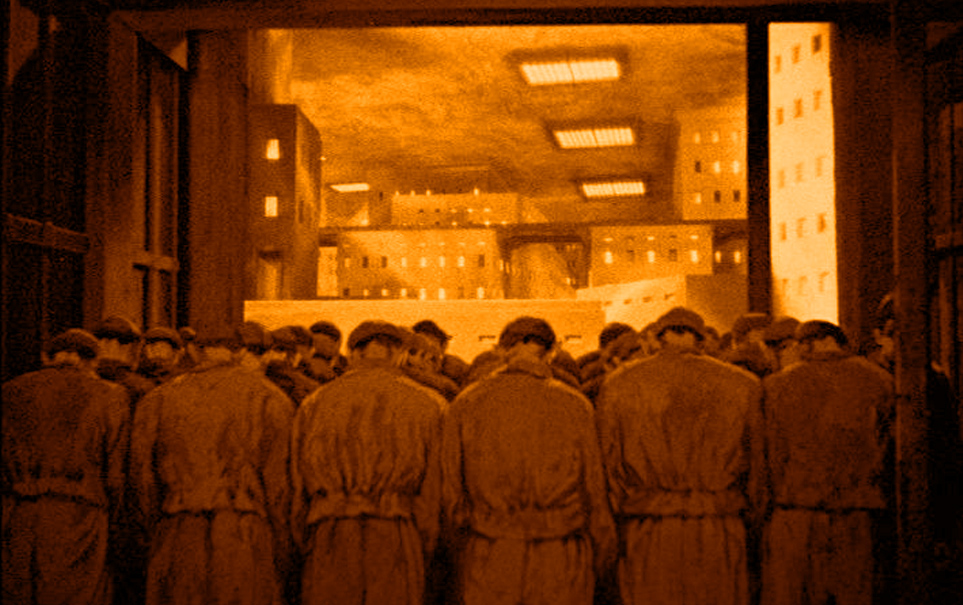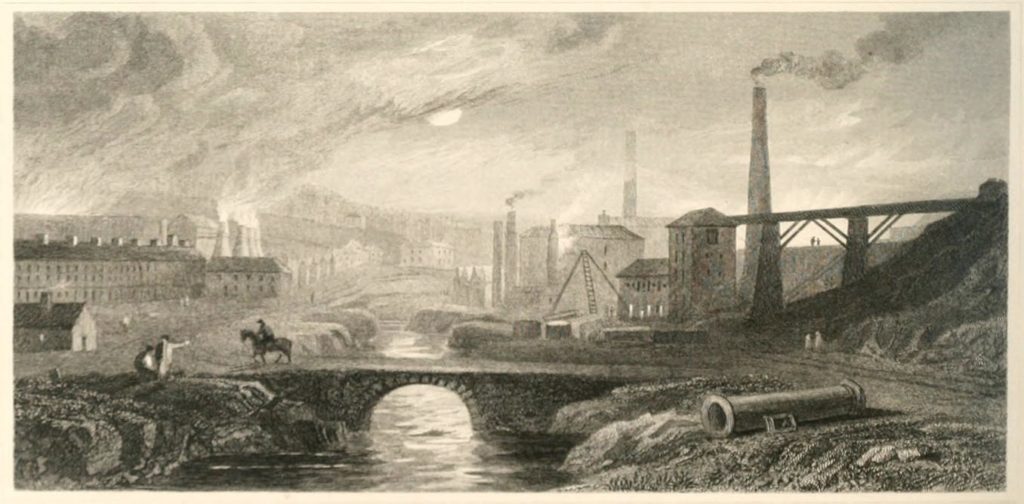Industrial Jobs & their consequences have been a disaster for the working man


Traditional building methods are a greater benefit to working class people than industrial work, in every conceivable sense. They are also a greater benefit to the wider society, and in providing an availability of quality master artisanship to the wealthy.
An aspiring master in carpentry or stone masonry can learn from different styles, colloquial variation, and historical eras. He has a direct connection to his ancestral culture, he can acquire new skills in perfecting artisanship and creating works of practical longevity. Mastery for him is an ongoing pursuit, with spiritual significance as well as a connection to the deeper roots of ancestry, and his place as a cell of a larger living creature. He can pass down his knowledge and skills to his descendants, since he takes genuine pride in his work, by an objective tier of beauty measured against historic and tribal values. The craft he performs is both enriching, personally, and for the customer, and for anyone who witnesses the final work in the wider social sphere, to the benefit of his society.
Industrial work, on the other hand, whether in a factory or construction site, has its sense of mastery completely concerned around speed and the efficiency of prolonged repetition. The aesthetic of artisanship is discarded for utility, master artisans are discarded for faster workers who can do the job for a cheaper price. The younger generations are shoved aside since the older generations are too busy working as fast as they can to get their job completed. It is suicidally banal, both in doing the work, or just to witness them working, or in its final product. This is not true of the pre-industrial artisan.
A slave working on the Pyramids of Giza or The Lighthouse of Alexandria could at least claim a pride in his work the modern worker does not have.
And all of this is apart from the general problem of pollution, toxic byproducts, and unhealthy working environs involved in contemporary mass production, as well as the issues of outsourcing and globalism which follow in its wake. Everything about it is short sighted, uninspiring, and widely disliked by everyone, in every sense, save for the by the boss. This is not necessarily the manager, nor even the owner, but might be referred to as the finance-man, and moreover the middle man, the true profiteer, who controls the distribution and public knowledge/perception of the product and its vitality as a must-have ‘bargain item‘.
Industrial work is good for the short term profiteer. But for everyone else, for every other conceivable reason, it is a dysfunctional, wasteful, exploitative toilet. This is not to discredit technology, or embrace ludditism, but to criticize the method and motivation of the system of work within the parameters of a non-heroic convenience culture.
Industrial Jobs and their consequences have been a disaster for the working man.












